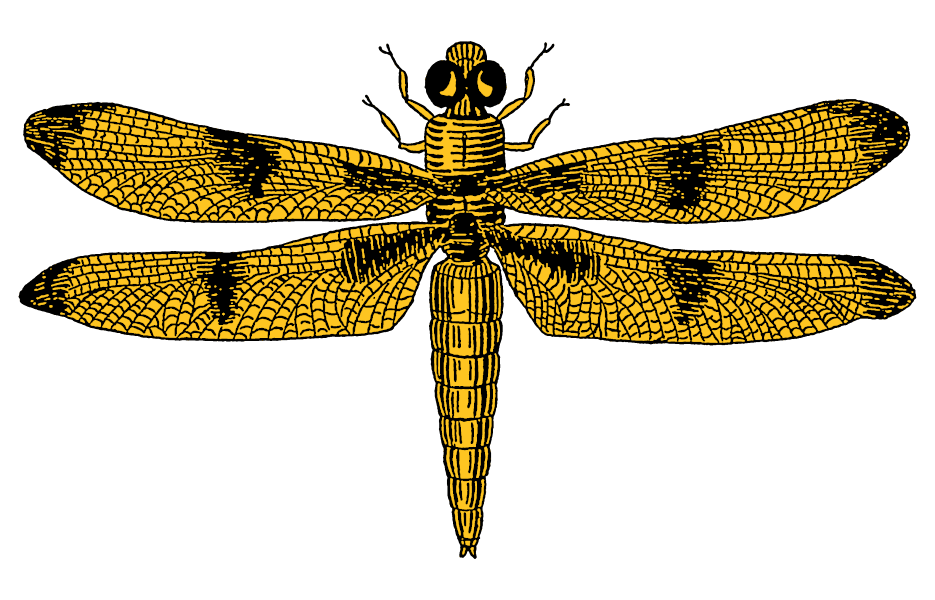I.
I wonder if you remember me.
You said, “Go out. Find me
that universe, and take these
with you.” Talismans.
Good luck charms like Mozart
and fifty-five ways to say hello.
Navajo night chant,
Peruvian wedding song,
diagrams of ribcages, gender,
bushmen and bones.
Gifts for a people you said
I may never meet.
It has been thirty-four years
and I wonder if you remember me.
II.
Less and less,
we call across the distance:
sixteen-point-twelve hours
between transmissions
and I wonder if you remember me.
I nearly kissed Jupiter for you,
nearly skimmed Saturn’s bright rings,
but you said, “Go out.
Find me that universe,”
so I sail out into the dark for you.
I keep a photo of you
to keep away the quiet
between your calls:
pale speck, long distant,
but I remember you.
III.
I know now,
you will never call me home.
